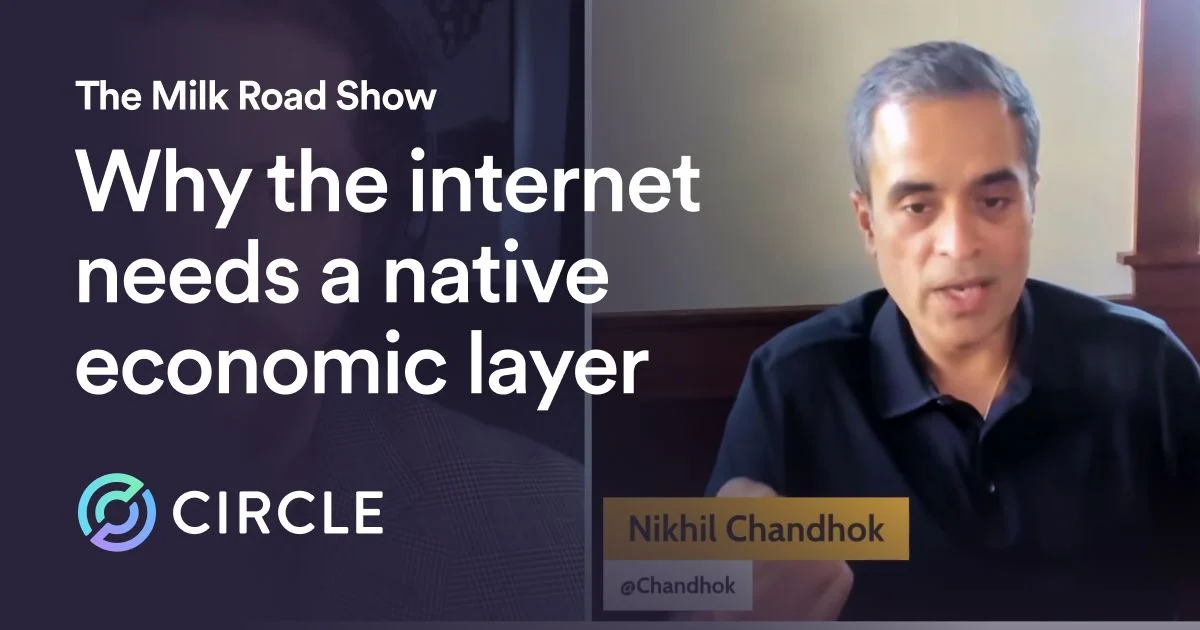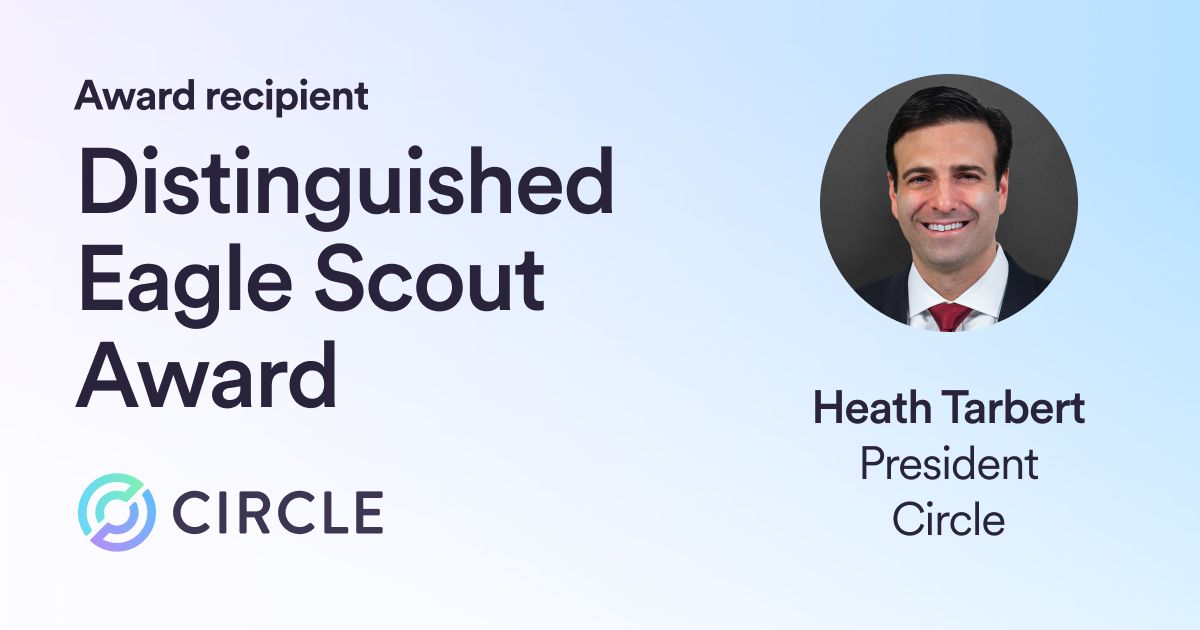According to our latest calculations, we lend £22.8 billion a year to our Friends and Family. Learn more about this impressive milestone today!

Whether it’s picking up the tab for dinner because someone forgot their wallet or paying for everyone’s festival tickets, how much money do you lend to friends and family? And when you lend money, do you always get it back?
According to our latest calculations, we lend £22.8 billion a year to our Friends and Family. And if you think that’s a lot of money, you are right: it’s more than the GDP of Iceland! We are lending and borrowing money more freely from our nearest and dearest, so forget the Bank of Mum & Dad, a much bigger Friends & Family Fund now exists in Britain.
To understand in more depth this new Friends & Family fund, Circle undertook a GB nationwide research of 2,000+ adults with YouGov. We’ve looked at how much do we lend and owe? Whom do we lend to? Whom do we owe to? How often do we lend and owe money? How fast do we get paid back? Do we actually get paid back? How do we feel about money?
- We lend £1.9 billion per month to friends, family and others or £22.8 billion a year. However, we seem to forget that we owe £195 million per month to friends.
Nearly 2 in 5 (38%) British adults lend money to their friends, family, colleagues and others, averaging £459.12 a year. For the 49.9 million 18 and overs in Britain this equates to an incredible £22.8 billion lend across the country every year.
Despite the vast amount of money we are lending to each other, our research shows a clear gap between what we think we lend and what we think we owe to friends. On average Brits say they lend £6.40 to their friends each month, but only think they owe £2.49 back to friends.
The difference between what we lend and what owe to friends totals £195 million a month (that’s £2.3 billion per year). Are we unconsciously forgetting? Are we deliberately writing off money that we owe? Or is the hassle of paying back simply too difficult?
- Only 3 in 10 lenders always get their money back… and out of those who get their money back, only 4% get it back within a day, while 9% have to wait over a year!
Over two thirds (68%) of those who owe money say they always pay back, however only 29% of lenders are always fully reimbursed. In addition, only 4% of people get their money back within a day, 59% get reimbursed within a month and almost 1 in 10 (9%) people have to wait longer than a year!
- Your mum was right: never mix money and friendship….1 in 8 British lenders have argued with friends over owed money
Unsurprisingly given the amount of people ‘forgetting’ to reimburse their friends and family, and given how long it takes to get your money back, emotions run high. When asking for lent money back, over 1 in 5 (22%) British lenders worry about the impact it will have on their personal finances. Around 1 in 8 of those who lend money (12%) say that it has led to arguments, and 7% even lost a friend because of money owed.
- Brits feel awkward about asking to be paid back, and that could mean that we are missing out on getting our money back
The famous British stiff upper lip may be against us when it comes to recouping our money: 56% of us admit feeling awkward when asking to be paid back. Over a third of people (34%) who have asked to be paid back worry that they will cause offense, with millennials (18 – 35 years old) nearly twice as likely to worry about offending people than over 35s (44% vs 25%).
This might be why millennials who asked to be paid back are over twice as likely to ask to be paid back over text or instant messages versus over 35s (39% vs 18%), and less likely to ask face-to-face (56% vs 63%).
- Watch out! Millennials will lend you money more easily but are less likely to pay you back
Young people lend more money than other age groups. On a monthly basis, millennials are nearly four times as likely to lend money to their friends than over 35s (19% compared to 5%). However, only 63% of millennials who owe money say they always pay back what they owe compared to 73% of over 35s.
With such an incredible amount of cash flowing in the Friends and Family Fund, understanding the new, unwritten rules of money is becoming more important than ever. Unlike any kind of financial organisation, there are no formal agreements when it comes to lending money to your friends. To keep your relationships healthy and happy, requesting your money back, and paying your friends on time is more than ever important.
It’s such a shame to think that money can lead to arguments and even people losing friends. Circle is helping to make sending and receiving money easier and less awkward, so that we can avoid the pain of paying people back, and have more fun together. Our research shows that 31% of people who have asked for money back already use humour, so why not use an emoji or a gif next time you need that £10 back from your best friend?
At Circle believe that money should work the same way that the internet works – instant, global, free, open and fun.
If you’re interested in finding out more about the changing face of money, last month we also dived into how Millennials deal with money across the pond.

All figures, unless otherwise stated, are from YouGov Plc. Total sample size was 2021 adults. Fieldwork was undertaken between 26th and 27th May 2016. The survey was carried out online. The figures have been weighted and are representative of all GB adults (aged 18+).




